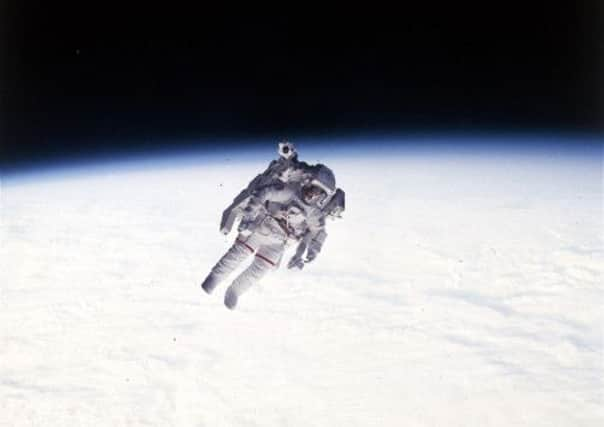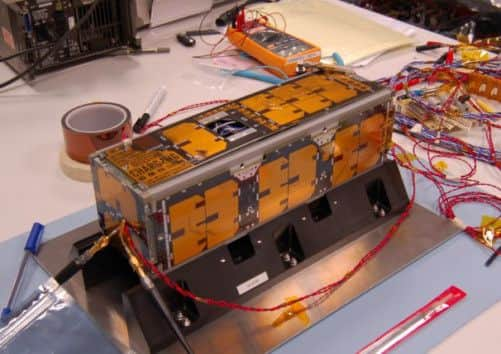Scotland to benefit from space sector investment


David Willets, Minister for Universities and Science, is expected to tell the UK Space Conference of plans to invest £60 million in the Sabre rocket engine, the project that could revamp air travel and lower the cost of reaching space.
Mr Willets is also expected to highlight Scotland’s role in space innovation, referencing the work of the Strathclyde University-based Clyde Space, who has worked with the UK Space Agency to develop satellites.
Advertisement
Hide AdAdvertisement
Hide AdThe Sabre project, built by Reaction Engines, could potentially create over 20,000 jobs in manufacturing and engineering, and would likely drive the UK towards a £14 billion launcher market whilst leading to a growth in related technology areas.


The Minister is also expected to confirm the £134 million contract awarded to space technology company Astrium for the development of instruments used in weather satellites.
Based in Portsmouth, the contract is reportedly a direct result of increased investment in the European Space Agency.
Mr Willets will tell delegates: “The space industry contributes over £9 billion to the economy every year and supports tens of thousands of highly skilled jobs.
“To meet our target of capturing 10 per cent of a growing world market, we must harness new opportunities in new areas of space.
“Sabre has the potential to completely transform how we access space. By supporting this breakthrough technology, we are giving the UK a leading position in a growing market of new generation launchers and removing one of the main barriers to the growth of commercial activity in space.”
Major Tim Peake, set to be the first British astronaut in space in over 20 years when he joins a five-month mission in 2015, will join Mr Willets at the conference.